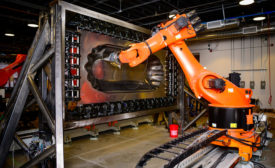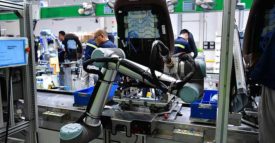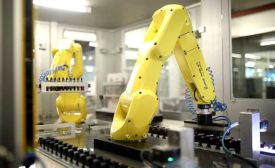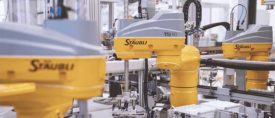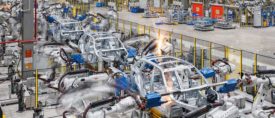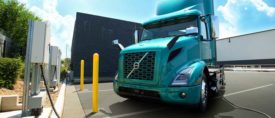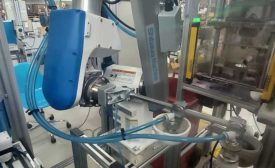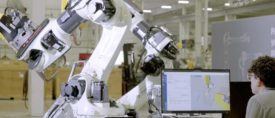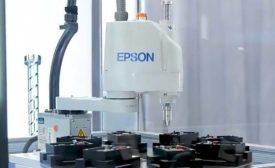Robotics Assembly
Screwdriving With Cobots
Labor shortages have forced manufacturers to adopt collaborative technology
February 1, 2023
Robots Assemble Pressure Sensors
High-speed system produces 4 million pressure sensors annually.
January 16, 2023
Robots Assemble Electric Vehicles
Automakers need to be flexible and adopt new automation.
December 21, 2022
Heavy-Duty Electric Trucks
Battery power offers numerous advantages to medium- and heavy-duty trucks.
December 19, 2022
What’s New From The ASSEMBLY Show
Thousands of engineers turn out to see the latest assembly technology.
December 16, 2022
New Software Makes Robots Easier to Deploy
Improved technology has empowered end users and made robots less intimidating.
December 13, 2022
Never miss the latest news and trends driving the manufacturing industry
Stay in the know on the latest assembly trends.
JOIN TODAY!Copyright ©2024. All Rights Reserved BNP Media.
Design, CMS, Hosting & Web Development :: ePublishing
